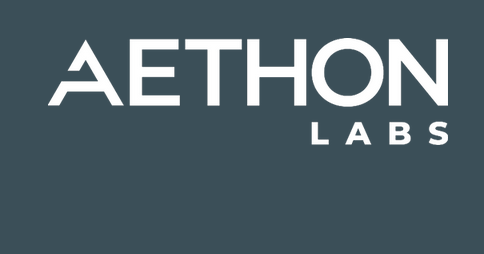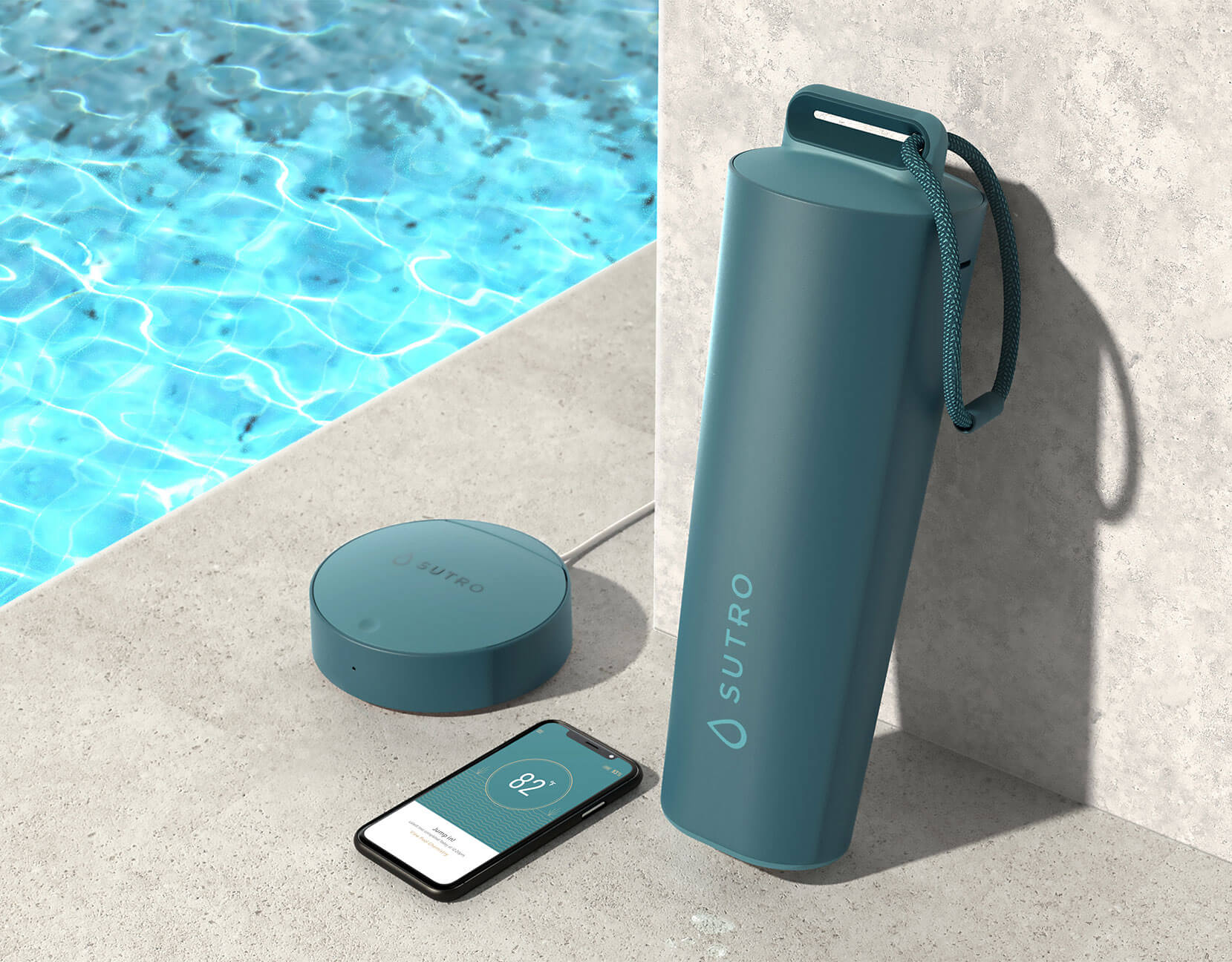Aethon Labs
Product development for connected devices
San Francisco-based Aethon Labs is a boutique product development firm that specializes in electronics development and hardware engineering for IoT. With deep experience across common hardware platforms, connectivity protocols, and cloud-based data management, Aethon Labs is helping today’s entrepreneurs and innovators design and prototype tomorrow’s consumer electronics and connected devices. We caught up with CEO Himanshu Shah to learn more about the role IoT connectivity plays in their solutions development process and the projects they’re working to build in 2021.
1. I understand your background is in software. How did you wind up devoting your career to hardware?
The through-line is, I’ve always been a tinkerer. Like a lot of people who end up in Silicon Valley, I was that kid who was taking radios apart at age 7 or 8, and I pretty much never stopped. I pursued a Master’s in computer science because software is as much a part of “how things work” as a circuit board or a transistor. And as a software engineer, I learned a lot about how software and hardware work together.
But I absolutely missed tinkering. And I found that IoT is especially interesting because getting it right requires expertise in both hardware and software. And connectivity. And cloud platforms… technically, it’s where the most interesting work is happening now.

2. What kinds of customers are you working with currently?
We work with both large and small companies, primarily working on connected consumer devices. We’ve built up a solid core of partners who may be coming back to us for their third or fourth project, or going deeper on firmware engineering, back-end development, or electronic design as their projects move from the prototype phase to larger-scale production.

3. Do you have any active projects you’re at liberty to discuss?
Definitely. It’s public knowledge that we’ve worked with Sutro to help develop a smart pool and spa monitoring system, and we’ve recently helped to develop Fluux, an accessory that can charges a smartphone and vaporizer while helping users to track and reduce vape use.
We’re particularly interested in underexplored use cases and potentially habit-changing devices and experiences. In addition to Fluux, we’re also actively involved in developing a healthcare device that will help elderly users to predict and prevent falls before they happen.
4. And how did your work lead you to Soracom?
We connected specifically while my team was working with Sutro. The Sutro device uses LTE as a backup when Wi-Fi is unavailable, but we were having issues with the device getting disconnected from the network. Everything worked as expected when we were connected to Wi-Fi, and everything seemed okay on the server side, so we suspected a firmware issue.
Initially, we worked with our cloud and module partners to diagnose the issue, but didn’t have much success. The Soracom Solutions Architecture team suggested we do a packet dump to help identify the issue, which is easy enough with Wi-Fi but not usually possible with cellular.
Soracom helped us to set up a Virtual Private Gateway for packet capture, which let us determine that the server was not closing our socket directly, allowing TCP requests to time out. With that knowledge, we were able to work with our cloud partner to resolve the issue.
It was a really great lesson in the difference between basic cellular connectivity and cellular connectivity that’s actually designed for IoT use cases. We’ve gotten to know the team really well since then and really appreciate their commitment to getting projects live.
5. Given everything you’ve learned helping to develop connected products for your customers, have you ever considered developing something on your own?
Always. Like I said, I’m a tinkerer! We’re currently working on a standalone software product called IoT Doctor that will help teams managing IoT fleets to track and diagnose devices in field. It was originally designed for engineers, but we have integrations with Slack, Zapier and other standard platforms and we’re now field testing with sales, marketing, and manufacturing teams.
And while it’s technically not a connected product, we’re also working on a content initiative. We’ve learned a lot about what it takes to bring connected hardware to market, and publishing that information in an accessible form will let us serve a much broader audience than we can work with 1 on 1. Think of it as Lonely Planet for IoT. We’ll establish the roadmap and the plan and also provide specific “points of interest” guidance around where to go for manufacturing and which tools to access. For anyone considering developing connected electronics, this lets them get the lay of the land before they start on that journey.
Himanshu Shah is CEO of Aethon Labs.
